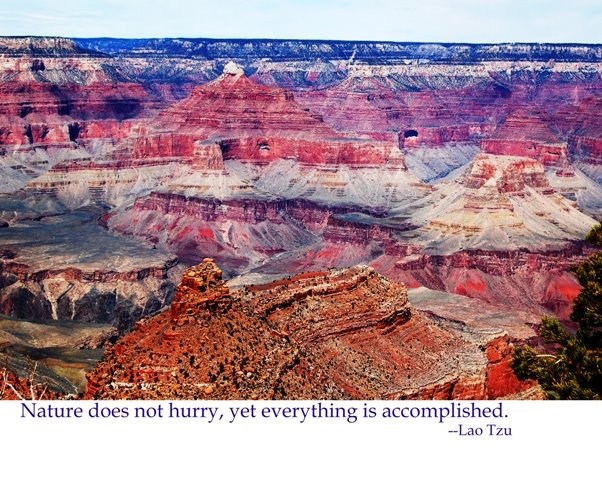Now for the unforeseen consequences. After paying out somewhere around $8 billion for the accident, Exxon's lobbyists went to the federal government to request limits to the damages an oil company would be liable for in the case of future accidents. A Republican Congress passed a bill limiting future oil company's liability to $75 million in the case of future accidents. The bill was signed into law by a Democratic president, Bill Clinton. The law also gave the federal government final say on drilling locations. Starting to get a little queasy?
Now come forward to 2008. British Petroleum requested permission to drill in 500 (that's 5 hundred) feet of water in the Gulf of Mexico off the coast of Louisiana. Louisiana's state government approves the plan. The federal government then denies the request. So, BP moves to its second option, a deep water project, 5,000 (that's 5 thousand) feet underwater to be specific. You know what happened next. An explosion and massive leak.
Three days after the accident, Norwegian, Dutch, and British companies offered use of their skimmers and booms to aid BP in the cleanup efforts. The federal government declined the offer, citing the Jones Act which requires all ships working in U.S. waters to be American made, American flagged, and manned by American crews. The Jones Act was a concession to unions in 1920, as a protection to American shipbuilding jobs. The Jones Act has been waived many times, most recently in the days after Hurricane Katrina devastated Louisiana, to accept aid from other countries.
Within a week of the accident, Louisiana governor Bobby Jindal, requested permission from the federal government to allow the state to build sand barrier walls between barrier islands off the coast of his state. His request was denied, citing the need for further study of the affects of the proposed sand barriers. After repeatedly denied requests to the federal government to allow the barriers, on June 14, Jindal ordered the National Guard to start building the barriers.
For the first time in his 16+ month reign, the president started to receive criticism from the mainstream media, and some pressure from Democrats. His get tough response? Let's suspend all offshore drilling projects for at least six months. The consequence? It will only cost the region about 14,000 high paying jobs and untold payroll, and coincidentally tax revenue. Again coincidentally, the deepwater drilling equipment will move on to other projects, notably in Brazil, where Petrobas stands to make huge money with its deepwater wells. Oh yeah, the Petrobas projects will receive billions of dollars in aid from U.S. Export-Import Bank either through loans or loan guarantees. Turns a U.S. disaster into a giant windfall for the Brazilian state-owned company, huh? Also a nice turn of profit for one of Petrobas' large investors, George Soros. Soros, again coincidentally, contributed thousands personally, and who knows how much through his various foundations to the presidential campaign of Barack Hussein Obama. Another coincidence, Soros' socialist foundations promote the view of America as an "institutionally oppressive nation." Just as a coincidental link to other hot issues of our time, his foundations also campaign for open borders and social benefits and amnesty for illegal immigrants.
Since destroying the economy of the region was not tough enough to satisfy the president's critics, he took on British Petroleum. From the first day of the crisis, BP did everything possible to stop the leak. They also said from the first day they would pay all legitimate claims. The president said he didn't need to talk to the CEO of BP. He said that in his experience, CEO's will tell you what you want to hear. But the president's not interested in talk, he wants action. So, 58 days after the accident, the president meets with BP officials. For 45 minutes. The president is a busy man after all. Lunch with Joe Biden after all. That and an arm-twisting scheduled with senators who oppose his cap and trade
Feel better now?
President Obama finally found out whose a$$ to kick. Yours. Again.
+with+quote+sized+for+web.jpg)








